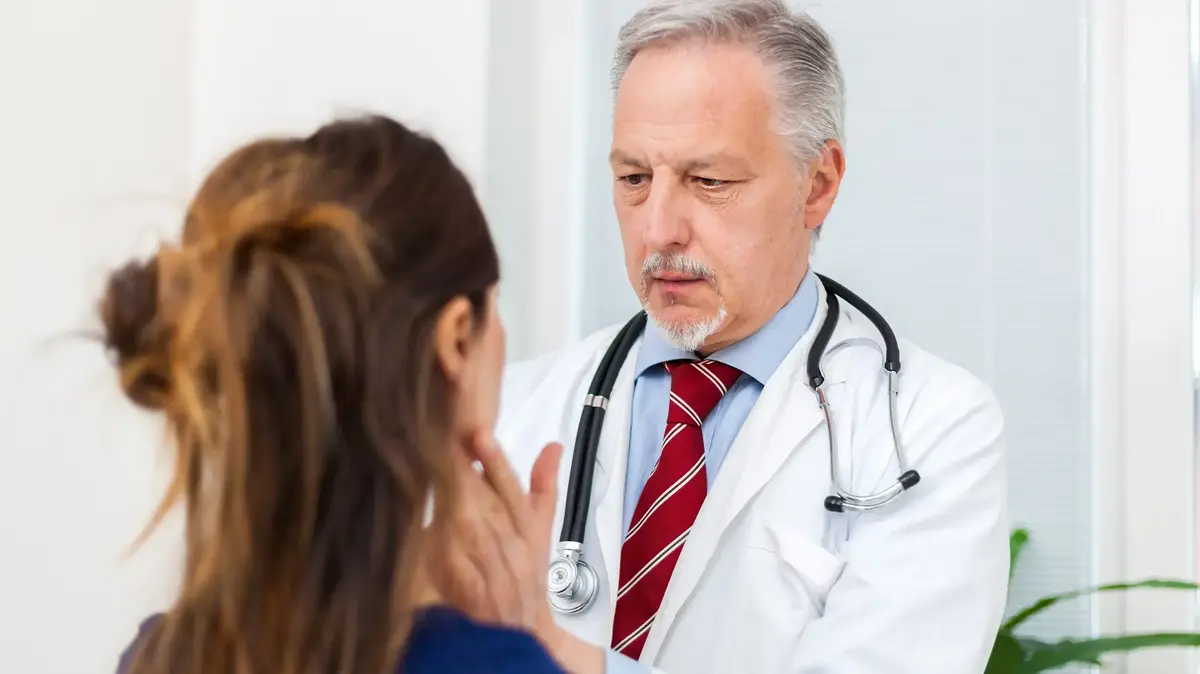In the video: 5 important things to know about rare diseases in Israel/PR
Engelmann syndrome, CF, phenylketonuria, chondroplasia, myasthenia gravis, Pearson, Prader-Willi, Creutzfeldt-Jakob, Pompe disease, Pifik, Duchenne, Klein-Lewin syndrome.
If you are now scratching your head in a desperate attempt to remember if you have ever heard of one of the diseases listed above, the attempt will most likely fail.
why?
Because these series of diseases and syndromes are included in what is defined in the medical world as rare diseases that affect only about 8-10% of the general population.
Around the world there are about 300 million patients with rare diseases, of which about 500 thousand patients in Israel, so despite their rarity, a significant proportion of the population does suffer from them.
Here it is worth noting that a significant percentage of rare diseases are genetic diseases of hereditary origin and despite the considerable progress in medicine, it is still not possible to cure most of the rare diseases.
As of today, about 10,000 rare diseases are recognized in the world, and in Israel, unfortunately, there is a very high number of patients with these diseases, compared to the rest of the Western world.
In fact, there are rare diseases in which many people face a severe disability while, from the outside, the situation seems completely normal.
About half a million suffer from rare diseases in Israel/ShutterStock
So what can be done?
One of the critical factors for effective treatment of rare diseases is early diagnosis.
This diagnosis enables rapid identification of the disease and later access to advanced medical services and personalized treatments.
The early diagnosis is especially important in family planning, and helps parents with early information for the expansion of the family.
Where do you receive treatment?
As mentioned, there are 5 centers for the treatment of rare diseases recognized by the Ministry of Health operating throughout the country: the Emek Hospital in Afula, Sheba Hospital in Ramat Gan, Ichilov Hospital in Tel Aviv, Wolfson Hospital in Holon and Soroka Hospital in Be'er Sheva. However, it is important to be in touch as well With the treating doctors in your area of residence and with the doctors who accompany you in the hospitals and health insurance companies.
Around the world there are about 300 million patients with rare diseases, of which about 500 thousand patients in Israel/ShutterStock
The Coalition for Rare Diseases in Israel: Providing assistance to patients and their families
Who is a big bright spot for patients and their families is the Coalition for Rare Diseases in Israel, an umbrella organization that brings together over 70 associations for rare diseases in Israel.
The coalition serves as a source of support, knowledge and guidance for patients and associations, assistance in exercising rights, expansion and establishment of national centers for rare diseases, parliamentary activity, and partners in Israel and abroad.
The coalition has several goals, the main of which are the establishment of additional national centers of clinics specializing in the treatment of rare diseases (currently, as mentioned, there are 5 throughout Israel, which is really not enough), a statutory definition of what a rare disease is, promoting the operation of an official register for rare diseases that will be a tool for providing an indication of the status of the scope of patients, adding Rare diseases for the capitation mechanism (the allocation of budgetary resources to the health funds by virtue of the state health insurance law) which will allow the budgeting of the funds according to the number of patients with the disease, as is customary in budgeting according to "severe diseases", the promotion of research to find a treatment for these diseases, of course, the promotion of research to find a treatment for these diseases ..
The coalition began operating under the Association for the Rights of the Patient and in 2022 was registered as an independent association headed by Orly Dror Azorial, founder and CEO of the association to fight AT disease, and the chairman of the Coalition for Rare Diseases in Israel.
If you or your family members suffer from a rare disease, know that you are not alone, and the coalition is at your disposal to provide ongoing assistance.
By creating a connection between people, families, and groups of patients, the coalition for rare diseases in Israel gives expression to the voice of the patients, while promoting research and developing treatments and medicines.
To contact the Coalition for Rare Diseases in Israel, you can go to the association's website or its Facebook page.
public service
Submitted under the auspices of the Madison Pharma company.
For more information about the diseases and treatments, please contact the attending physician.
In collaboration with the Coalition for Rare Diseases in Israel
More on the same topic:
diseases

